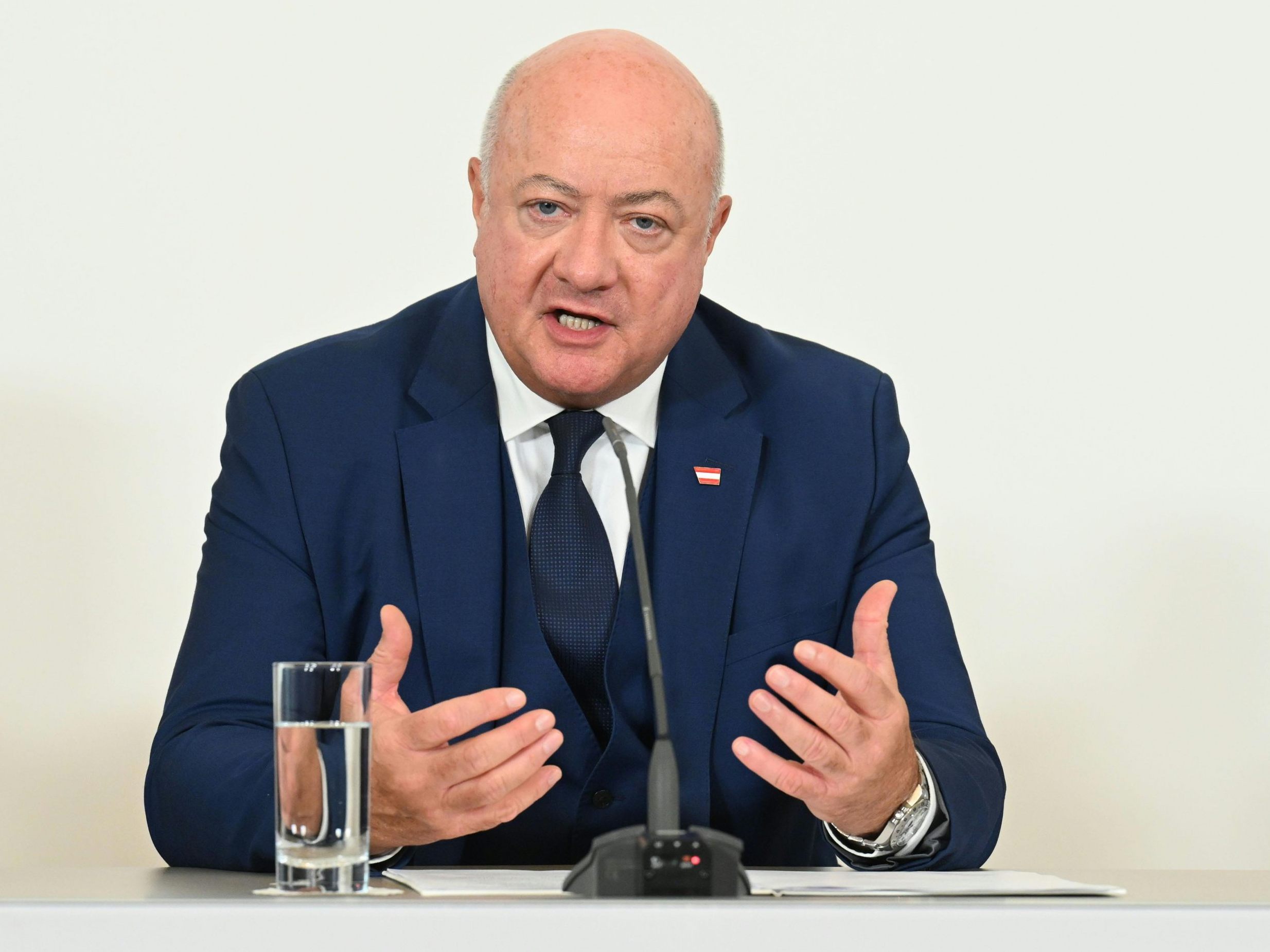"Biggest Energy Reform in Two Decades" Coming According to Government

"With the new Electricity Industry Act (ELWG), the largest energy reform in two decades is being initiated," the Federal Chancellery stated. The new law brings "more fairness, less bureaucracy, and cheaper electricity." A social tariff is to be introduced for people at risk of poverty.
The legislative package brings clear rules, which means, among other things: "When wholesale prices fall, suppliers will be legally obliged to pass this on to customers in the future," assures the federal government. The goal is to reduce network costs. Households and businesses will have more opportunities to generate, share, or trade electricity themselves.
"Energy Crisis Mechanism" Against Exorbitant Price Increases
A statutory "energy crisis mechanism" will be developed to prevent exorbitant price increases in crisis situations. "We have agreed to undertake a fundamental reform of the Austrian energy sector. We will modernize the energy market so that energy prices become more affordable - both for private households and businesses," assured Chancellor Christian Stocker (ÖVP) in a statement.
Vice Chancellor Andreas Babler (SPÖ) emphasized that the inflation in the housing and energy sector has burdened Austrians for far too long. "With the rent price freeze, we have taken a first measure to halt inflation and thus relieve 2.7 million tenants throughout Austria. The next step is a major electricity market reform to lower prices in the energy sector and thus bring relief to the overall economy and all people in Austria," said Babler.
Foreign Minister Beate Meinl-Reisinger (NEOS) stated, "this first reform step in collaboration with states, cities, and municipalities truly brings fresh energy" for Austria's economic and employment location.
Energy Prices Increased by 1.3 Percent in May
For context: The inflation rate for May 2025 is expected to be 3.0 percent according to Statistics Austria, after 3.1 percent in April of this year. The main drivers of price increases were still services, with an annual increase of 4.4 percent. The rise in energy prices was 1.3 percent, as the significantly cheaper fuel prices compared to the previous year largely offset the impact of increased electricity prices.
(APA/Red)
This article has been automatically translated, read the original article here.





